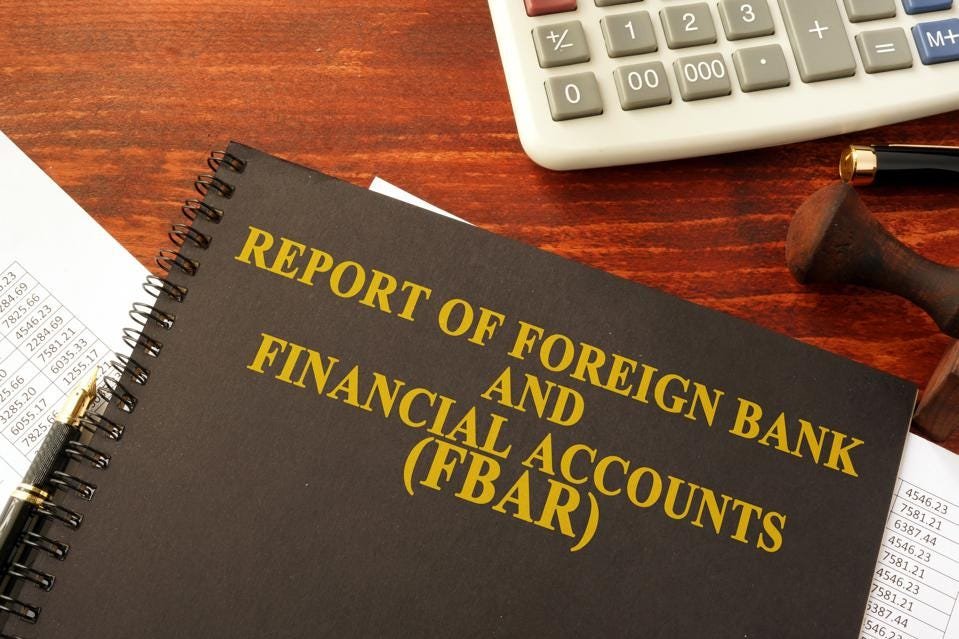Publications

Contrasting Tax Overhauls: Project 2025 Vs. Democratic Reform
As the 2024 elections approach, tax reform is once again a hot topic. Project 2025, spearheaded by the Heritage Foundation, offers a sweeping overhaul of the U.S. tax system and various federal policies. This ambitious plan, designed to be implemented by a future Republican administration, includes significant changes to tax laws and administration. On the other side of the political spectrum, Democrats and other left-leaning groups have also put forth their own tax reform proposals, aiming to address income inequality and generate revenue for social programs.

FDIC Changes Insurance Coverage Of Trust Bank Accounts
The FDIC issued new regulations, effective April 1, 2024, on how the insured amounts are calculated. These changes make it simpler to calculate what is, and is not, insured but will still require some adjustment in how much is held in trusts.
The FID treats revocable and irrevocable trusts differently. Revocable trusts, which include informal trust accounts such as Pay on Death (POD) or As Trustee For (ATF) accounts are insured up to $250,000 per unique beneficiary up to a maximum of five beneficiaries, provided that 1) the bank account title states that the account is for a trust, 2) each beneficiary is named in the correct place, and 3) each beneficiary is a living person, charity or non-profit organization. So, if a revocable trust account has only one beneficiary, the insurance limit is $250,000, if the revocable trust has five or more beneficiaries, the insurance limit is $1,250,000 total.

The Corporate Transparency Act Part Two: The impact on family firms doing business in the US
The CTA requires existing and future companies, either formed or registered to do business in the US, to electronically file a report with the Financial Crimes Enforcement Network (FinCEN) of the US Treasury Department. These reports will file into an as-yet-nonexistent database of individuals who are direct or indirect beneficial owners of the reporting company, as well as individuals reporting the information for the reporting company. Companies must provide beneficial ownership information.
